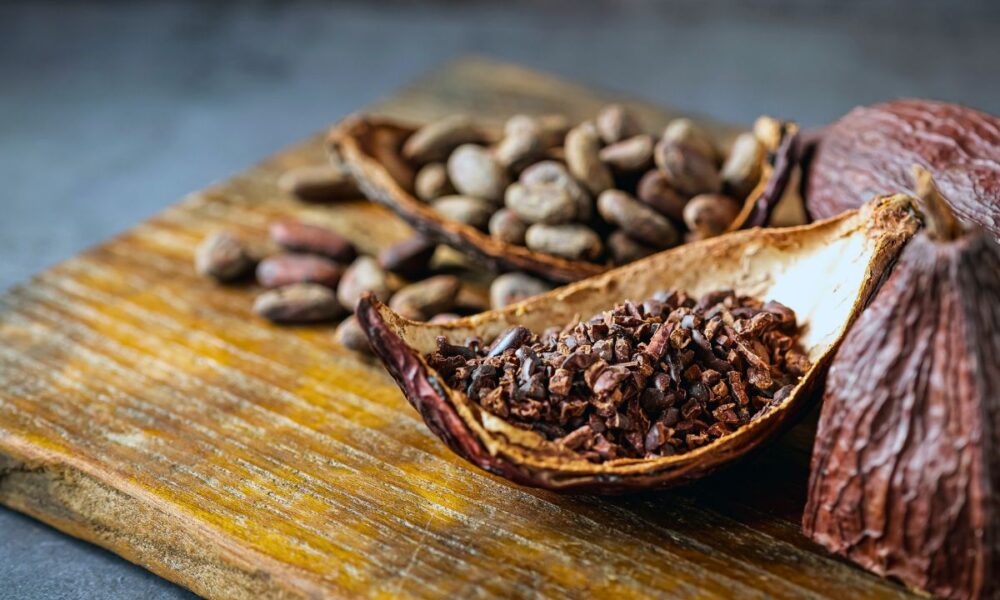A new study suggests that cocoa extract may help blunt chronic inflammation and reduce the risk of age-related diseases, particularly in older adults.
Researchers at Mass General Brigham in Boston examined nearly 600 adults with an average age of 70 who took either 500 milligrams of cocoa extract or a placebo every day for two years. Compared to the placebo group, those taking the cocoa experienced an 8.4% slower annual increase in high-sensitivity C-reactive protein (hsCRP), a key blood marker commonly used to assess systemic inflammation.
Cocoa, made from roasted cacao beans and processed into cocoa solids and cocoa butter, is the key ingredient used to make chocolate. The promising findings were based on the consumption of a concentrated dose of cocoa. Unlike candy bars, participants weren’t treated to the ultra-palatable versions that included a large serving of sugar and fat.
The research is part of a broader study known as the Cocoa Supplement and Multivitamin Outcomes Study, or COSMOS. At over 21,000 participants, it is one of the largest clinical studies on cocoa’s anti-inflammatory flavanols.
Acute, short-term inflammation can be beneficial, as it helps the body fight infections and repair injuries. As we age, however, inflammation can become more chronic. Persistent, low-level inflammation, known as “inflammaging,” can damage blood vessels, bones, muscles, and even the brain.
“Inflammaging reflects a long process during which several aging-related diseases develop, such as cardiovascular disease,” study author Dr. Howard Sesso, an associate epidemiologist at Brigham and Women’s Hospital, said to Fox News Digital.
A previous COSMOS substudy found that after several years of cocoa flavanol supplementation, cardiovascular disease-related mortality was reduced by 27%.
“While cocoa extract is not a replacement for a healthy lifestyle, these results are encouraging and highlight its potential role in modulating inflammation as we age,” said Yanbin Dong, Ph.D., senior study author and director of Augusta University’s Georgia Prevention Institute, in a news release.
Last year, The Dallas Express reported on another study that found people who regularly consumed dark chocolate, while avoiding higher-sugar milk chocolate, had a significantly lower chance of developing diabetes compared to those who never ate chocolate at all.


